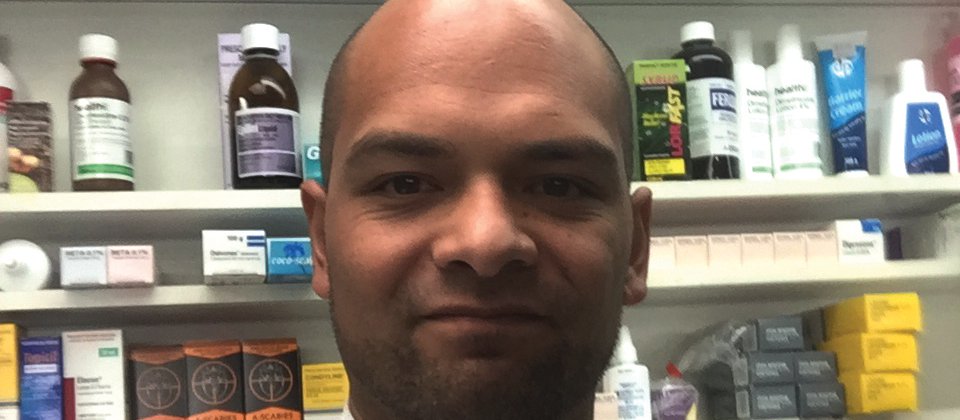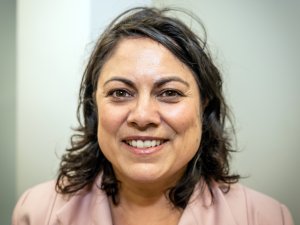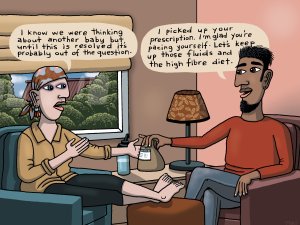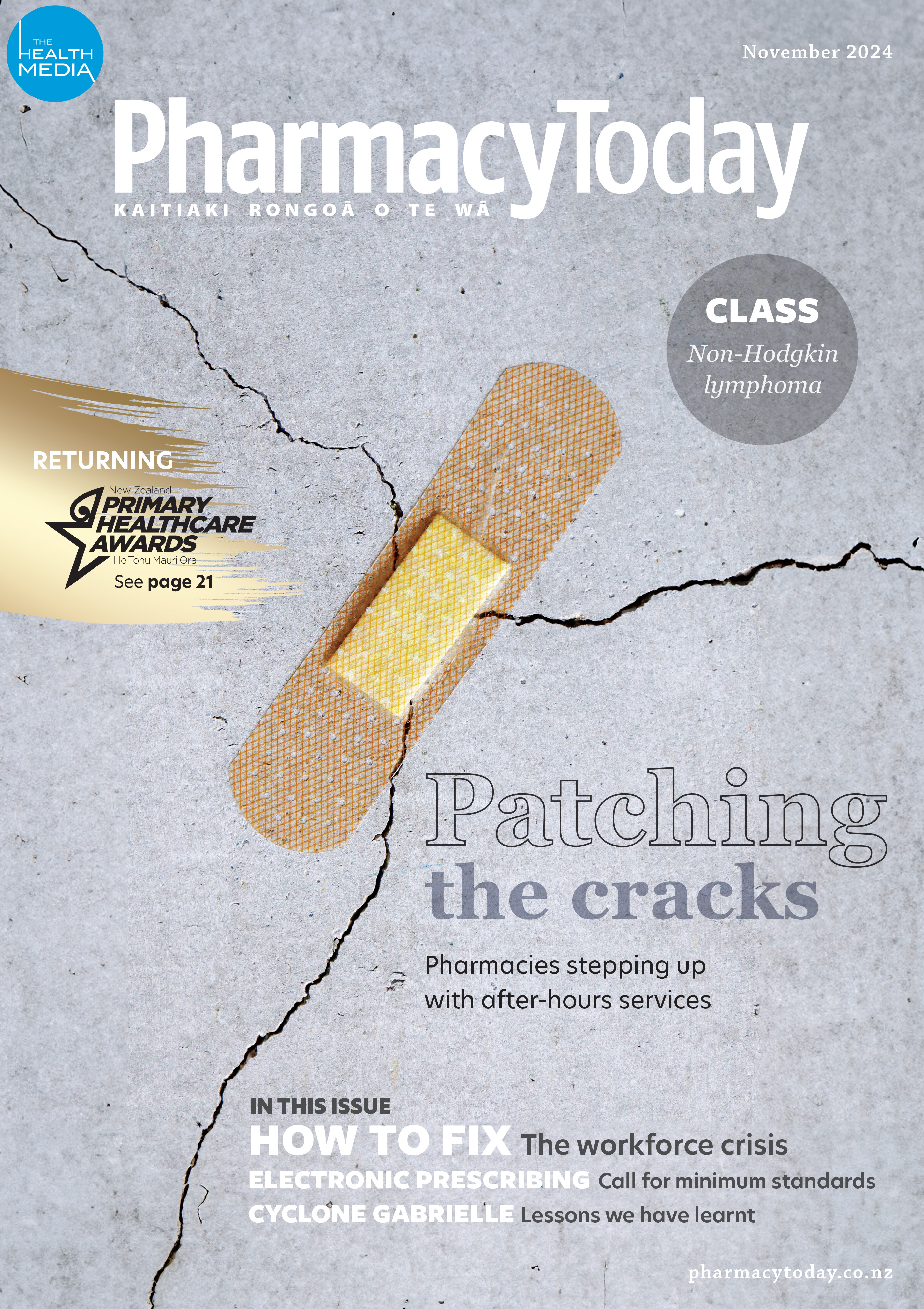Academic pharmacist Nataly Martini highlights the importance of understanding non-Hodgkin lymphoma and pharmacists’ roles in managing this condition
Concerns over minor-ailments rollout
Concerns over minor-ailments rollout

More details of the planned minor-ailments scheme have been revealed but it will not be available in all regions. Jonathan Chilton-Towle reports
Pharmacists are disappointed that the new minor ailments scheme will not be rolled out nationwide.
The scheme, announced by health minister Ayesha Verrall on 4 May, will start on 23 June and run for four months, after which the Ministry of Health will evaluate its effectiveness.
Te Whatu Ora has set aside $6 million over the four months to fund the scheme and it will be available only through pharmacies in Te Tai Tokerau, Auckland, Tauranga, Palmerston North, Wellington and Hutt Valley, Christchurch, and Invercargill.
According to Te Whatu Ora, these regions were selected based on where pressures on local hospitals are greatest over winter.
Pharmacists in designated regions will be funded to consult and provide free OTC treatment for seven approved conditions: acute diarrhoea, dehydration, fever, infected and red eye, scabies, head lice, and eczema.
The scheme is targeted, and only Māori and Pasifika patients, under-14s and their whānau, and Community Services Card holders will be eligible.
According to attendees at an online hui providing information on the scheme last month, Te Whatu Ora plans to pay a consult fee of $25 plus GST per NHI patient number plus the cost of the medicines provided.
“So, if you had three members of the same whānau coming to you for scabies at the same time, you can claim $75 for that consultation,” says Hamilton pharmacy owner Ian McMichael, who attended the hui.
Mr McMichael says several meeting attendees complained that the pricing was insufficient but the big question now is “why isn’t it available in all regions?”
Kevin Pewhairangi (Ngāti Porou, Ngāti Whakaue, Ngāti Ira), who owns Horouta Pharmacy in Gisborne, says it is frustrating and embarrassing for Te Whatu Ora that Tairāwhiti and other high-needs areas with high Māori populations are not included in the scheme.
He attended the hui on behalf of the Ngā Kaitiaki o te Puna Rongoā o Aotearoa – Māori Pharmacists Association, along with fellow member Jo Hikaka (Ngāruahine).
Mr Pewhairangi says he asked the Te Whatu Ora representatives “if they were trying to avoid Māori populations” when they came up with the list of locations for the scheme.
He says the approach taken by Te Whatu Ora “benches equity concerns”, let alone the agency’s obligations under Te Triti o Waitangi.
Mr Pewhairangi says it doesn’t make sense that populations such as Gisborne and the East Coast, which are more than 50 per cent Māori, rely on locum doctors. He says the areas’ GP clinics are struggling, and the largest in Tairāwhiti, which has more than half the population enrolled, has reduced its hours because of staffing issues.
“Wouldn’t it be a good idea to enable the pharmacies?”
He says he is surprised that while several high-needs areas have been excluded, regions like Tauranga, Te Anau and Queenstown have been included. There is a risk that the scheme will end up benefiting affluent people who do not need the assistance.
Chris Wilkinson, who co-owns Life Pharmacy Barrington in Christchurch, says he is still trying to process the information from the hui but believes the scheme will be “exciting and worthwhile”.
However, Mr Wilkinson is very concerned about how it was communicated to the sector and says he raised this at the meeting.
“The communication and the timing of it seems a bit rushed, as I have experienced a lot over the last two years.”
He discovered it was happening when patients asked about it because they had heard about it in the media.
“That certainly doesn’t inspire patient confidence in community pharmacy.”
He also worries about the admin. Making claims might be complex and time-consuming, he says.
Mr McMichael is excited about the programme, but he says it brings into perspective how poorly pharmacists are paid for other dispensing and services they offer, which must be addressed. “You can be dispensing and doing a whole lot of work for a prescription medicine which has got a narrow therapeutic safety window and you get paid $5.40, whereas under this minorailments scheme, you can be paid $25 for doing a scabies screening.”
“As another example, you can be doing a Special Authority, where people need a special number to get the medicines, and you can spend half an hour tracking down the number, and for that, you get no money whatsoever.”
But the scheme is positive, and if it allows pharmacists to take pressure off GPs, then “that’s a great use of resources”.
While the scheme is an exciting start, there is more work to be done on rolling out it and other services nationwide and ensuring they are appropriately funded, Mr McMichael says.







